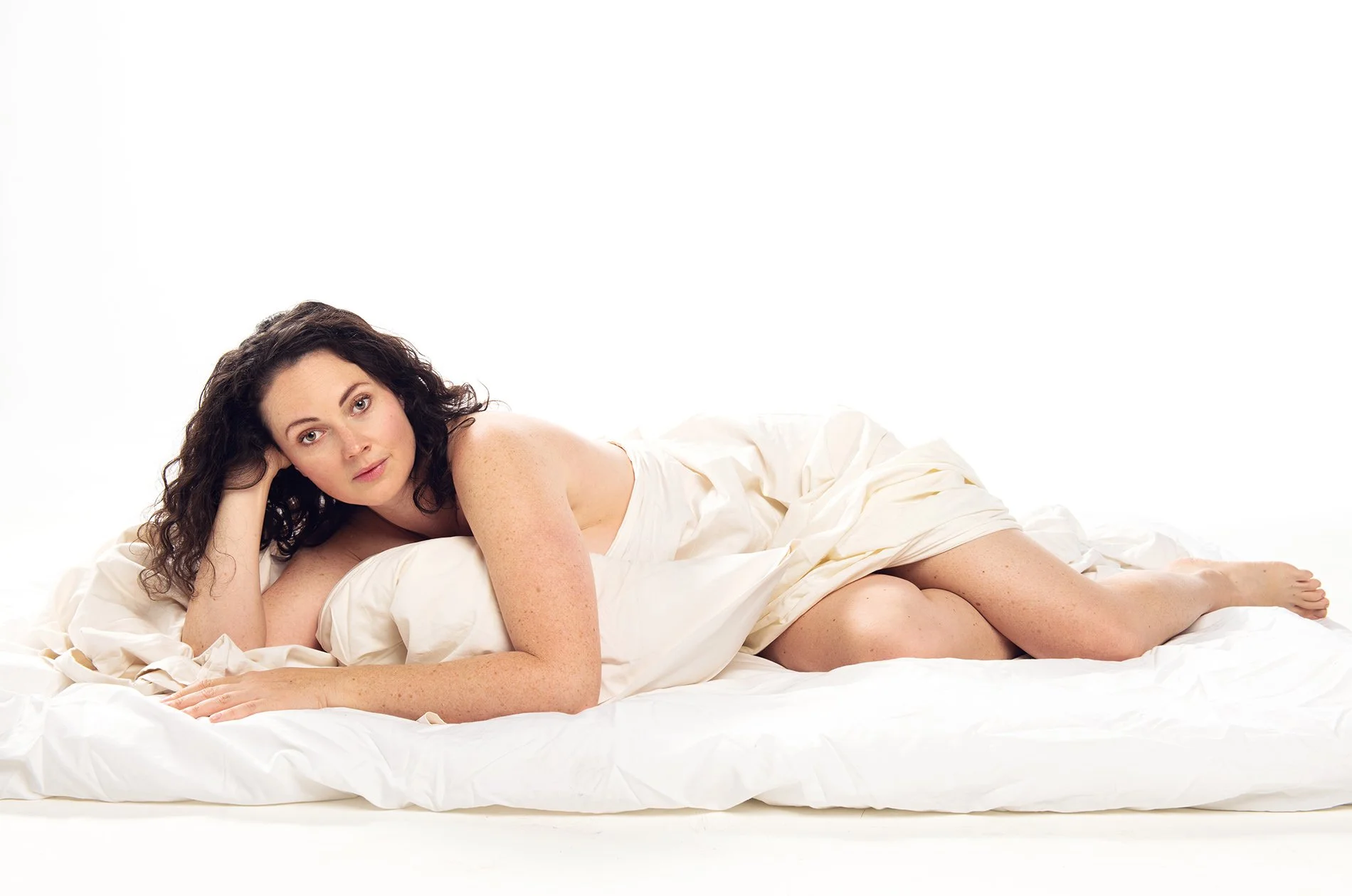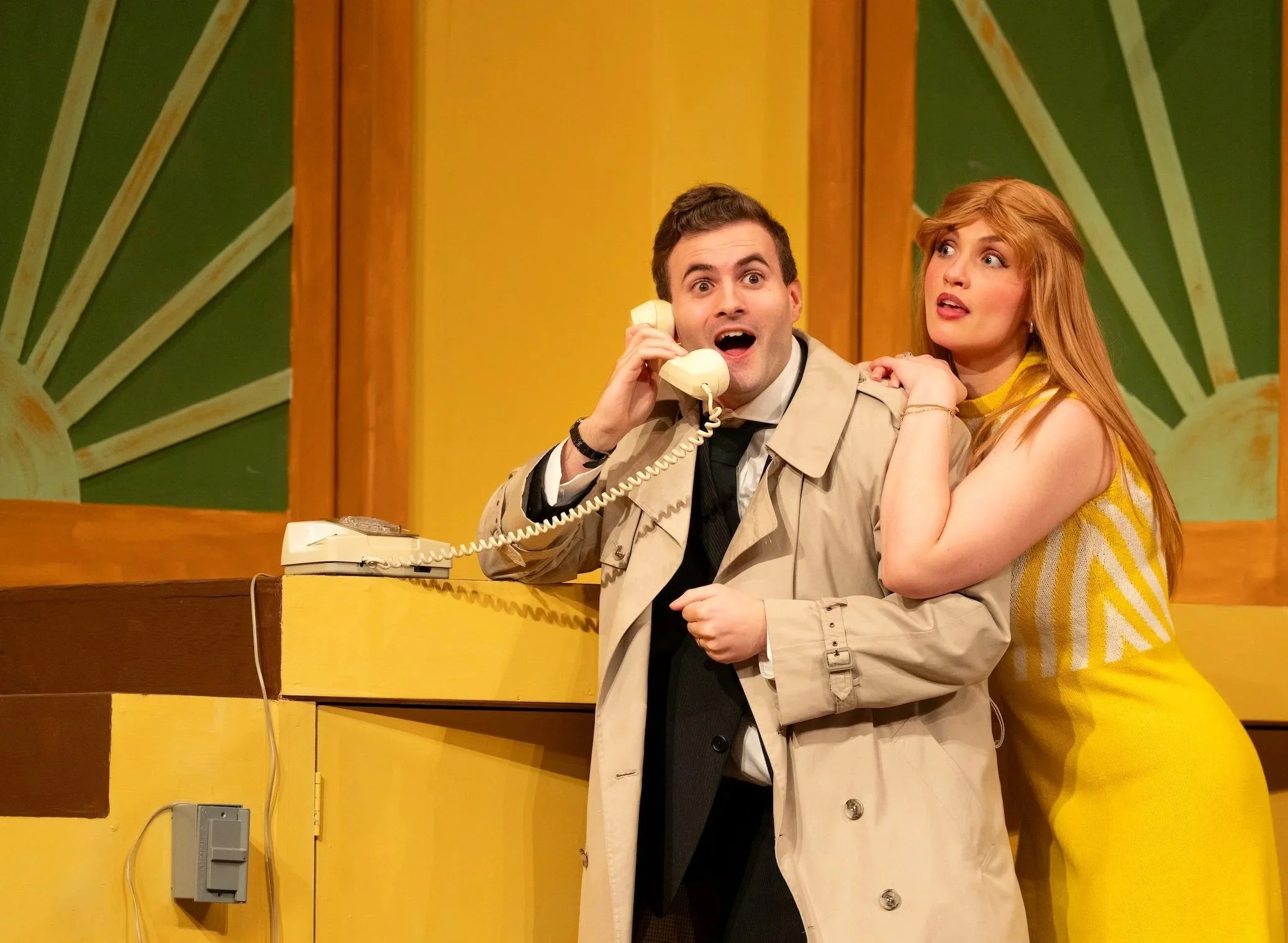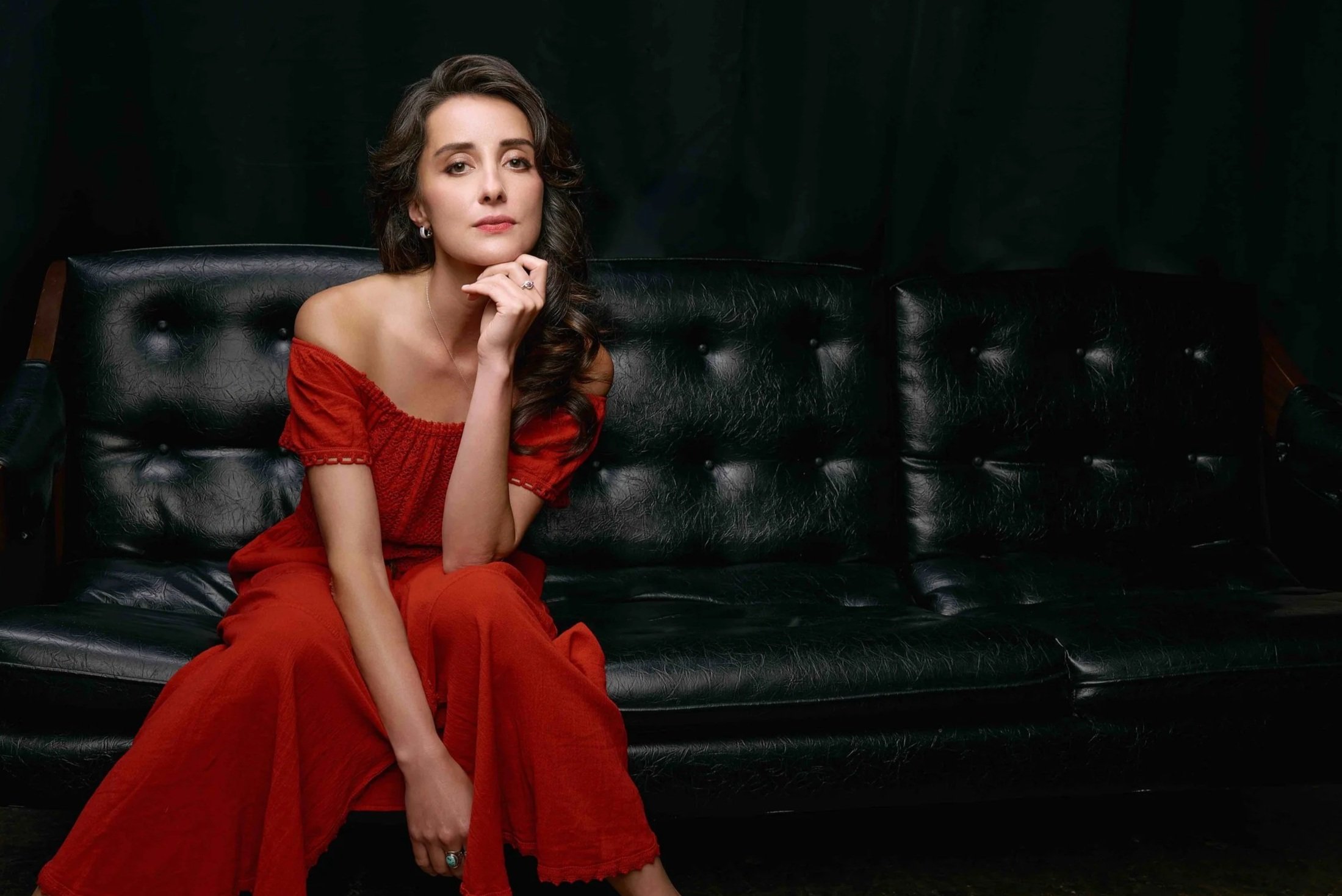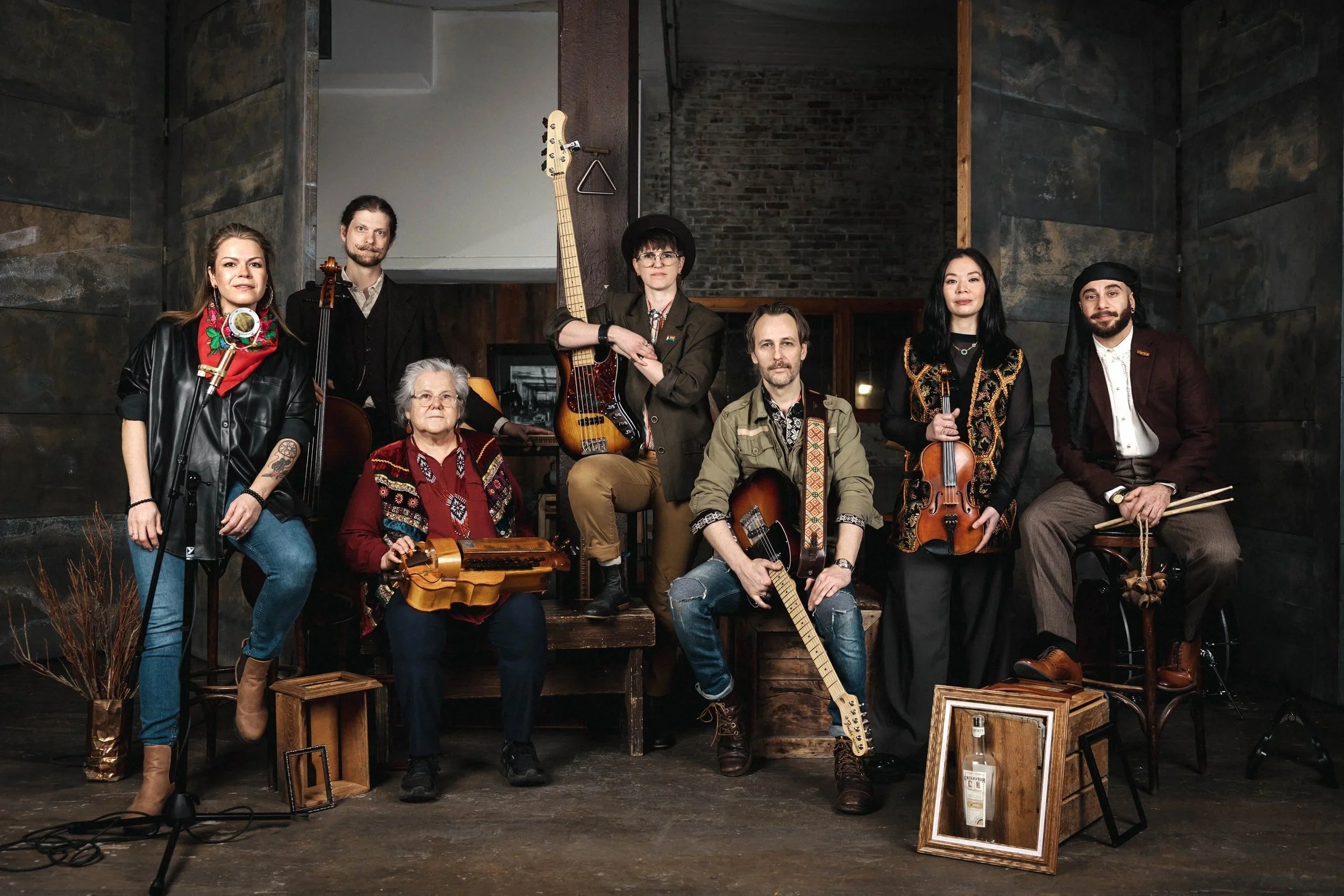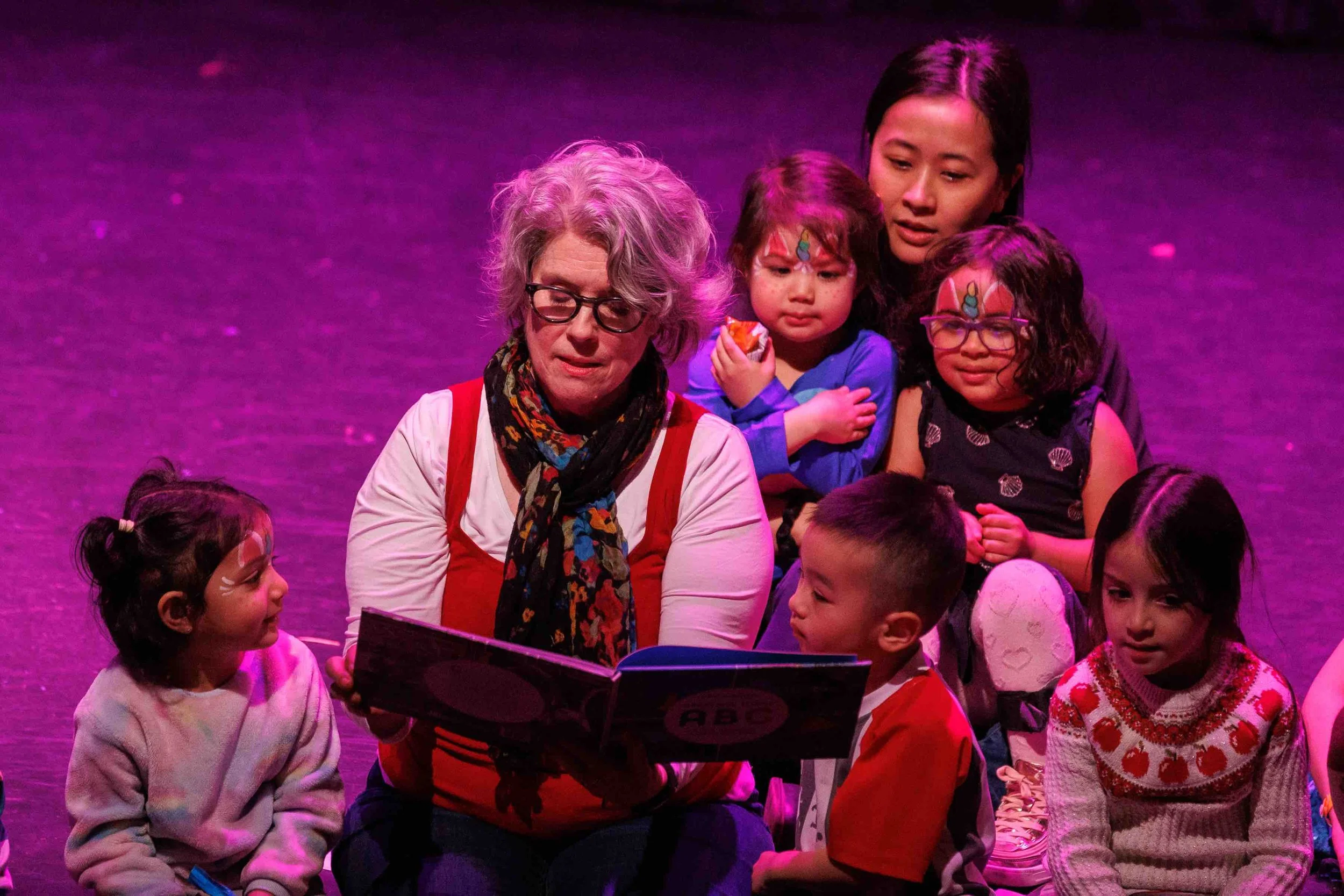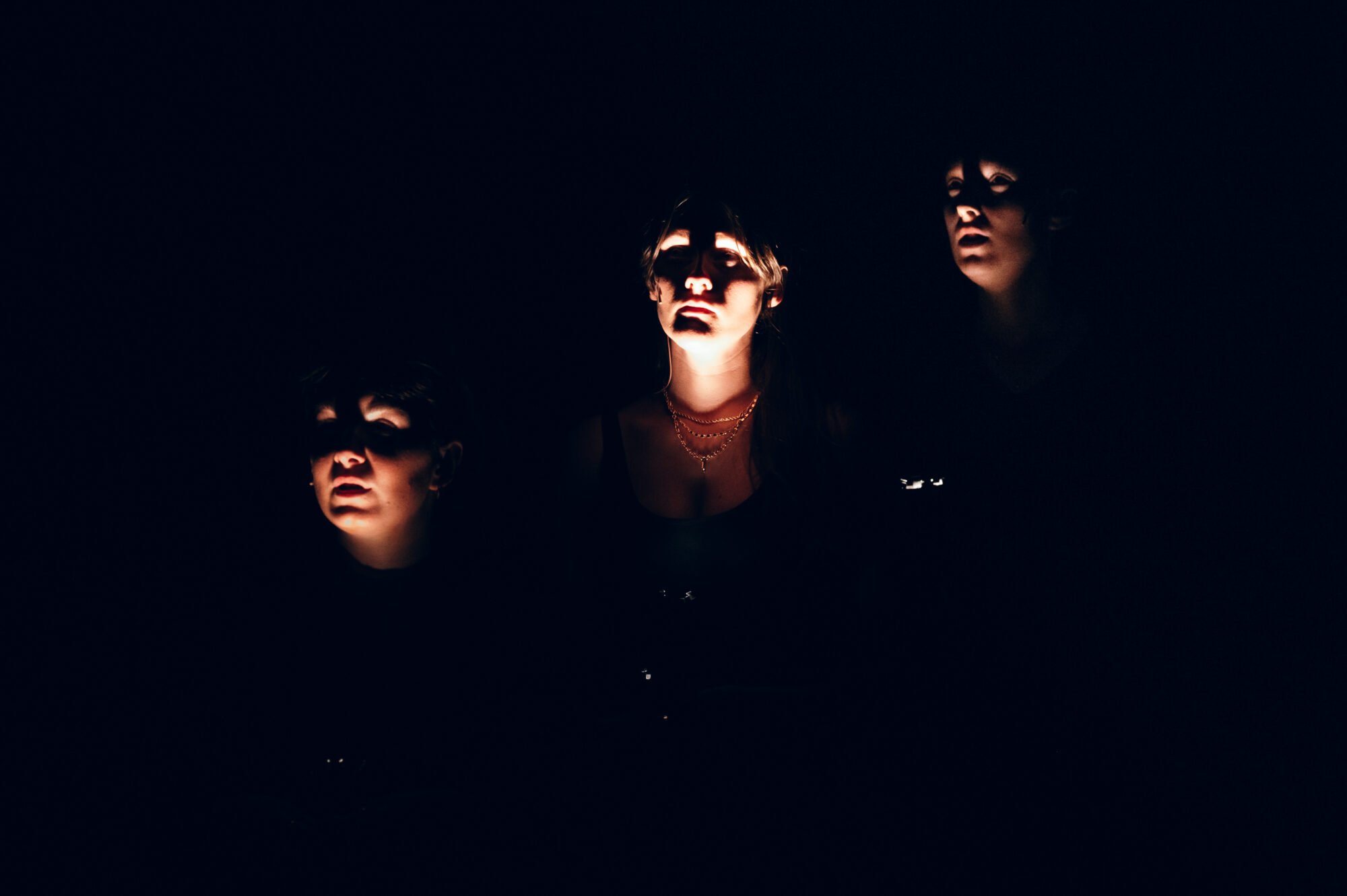Bunny takes a bold look at one woman's sexual journey, without the shame
Director Mindy Parfitt and playwright Hannah Moscovitch embrace the challenge of staging a show about intimacy after an era of isolation
Emma Slipp takes on the meaty, complex role of Sorrel in Bunny. Photo by Emily Cooper
The Cultch presents The Search Party’s Bunny at the Vancity Culture Lab from March 17 to 27
IN SOME WAYS, playwright Hannah Moscovitch says, we haven’t come very far since the Victorian era when it comes to portrayals of women and sex onstage.
”We don’t talk about female sexuality that much—women wanting to have sex. And lots of it. With many men. I think it still comes with a stigma,” the Halifax-based writer says on a conference call with Vancouver’s Mindy Parfitt, who’s directing her play Bunny here.
In fact, it recently struck the playwright that HBO, and other channels in the formerly prudish land of TV, have become much more progressive in their sex scenes than theatre has.
“There was a moment where I was like, ‘Fuck. TV is really beating us at sexuality,” Moscovitch says. “We should do fucking amazing original sex scenes like we see on TV!”
And so the celebrated Canadian playwright—who’s earned a following on the West Coast for acclaimed plays like The Russian Play, Old Stock: A Refugee Love Story, and Little One, and who last year nabbed a Governor General's Literary Award for drama for her play Sexual Misconduct of the Middle Classes—set about penning Bunny. It focuses on a different kind of female character: Sorrel, an intellectual woman who also enjoys sex. Lots of it. With many men.
Sorrel is a professor of Victorian literature who’s taking stock of her past relationships. Raised by two left-leaning university profs, she was a nerd who spent her youth engrossed in Jane Austen novels—until she hit 17 and started attracting the attention of boys. Her sexual exploring leads her to some questionable choices (football players, married professors) and the play becomes a journey toward agency and a place beyond the shame society still puts on a woman who openly wants sex.
Moscovitch subverts Victorian tropes in the play—the structure, which continues in today’s rom coms, of a woman who’s being pursued by a two men, and has to make the “correct” choice. Bunny is delivered in a mix of monologues and interactions with other characters. The lead role of Sorrel is meaty, full-bodied, and demanding for its performer—in this case Emma Slipp—who’s onstage for the full 90 minutes. It’s funny, smart, literate, and brutally, shamelessly honest.
The play debuted back in 2016 at the Stratford Festival’s Studio Theatre. During the run, some of the audience members gasped audibly at the sex scenes, reports the writer, but it was Moscovitch who ended up shocked afterwards.
“I can't tell you how many older women came up to me, some with canes or walkers, and said, ‘I was dirty! I fucked my professors,’” she relates with a laugh. “And I would be like, ‘Oh my god!’”
Along with the compelling female lead and the provocative questions the play posed, those sex scenes drew Parfitt to the script. The director and founder of Vancouver’s newest theatre company, The Search Party, was coming out of pandemic lockdown and looking to push out of her comfort zone.
“Partly it was to challenge me as a director and force me to go to those places,” she says. “The play has a lot of intimacy scenes, and I haven’t done a lot of that. I felt interested in those challenges. I also knew that I wanted to stage it at the Culture Lab, in that intimate space.”
Staging the sex scenes required the help of an “intimacy director”. Better known in the world of filmmaking, that’s a person who acts as a liaison between actors and the production team, helping to choreograph sex scenes with respect and intent. Parfitt reports it’s helped the actors, and everyone in the room, navigate the moments with the right tone.
“One of the things I really talked about with the actors is the power balance and how it shifts in the sex scenes,” she says. “It's been important to me that we don't portray Sorrel as uber-aggressive, or uber-passive. It’s more like finding a place where she's emboldened, but still struggling, so we don't fall into that trap that she’s being the aggressor or she’s being coerced.”
A crack design team, with sets by Amir Ofek, lighting by Itai Erdal, and sound and composition by Alessandro Juliani, also helps to bring those scenes, and the story’s myriad times and places, to life.
Since launching her company just before the pandemic, Parfitt is already making a name with The Search Party, whose The Father won six Jessie Richardson Theatre Awards in 2020, and whose production of The Amaryllis, cut short by pandemic lockdowns the same year, was one of the COVID era’s theatrical highlights. And now that the world is opening up again from extreme isolation, Parfitt is interested to see how a show as raw and personal as Bunny lands.
“I guess I’m interested to see how audiences talk about that—about how, going through what we’ve gone through, is it easier for them or harder?” she says. “Is it, ‘Oh, I don't know how to sit with this at all,’ or is it ‘This is such a beautiful release, to be able to watch people be intimate and to be in a room with other people.’”
Adds Moscovitch: “Maybe that will supersede any discomfort, in this particular moment of time.”


